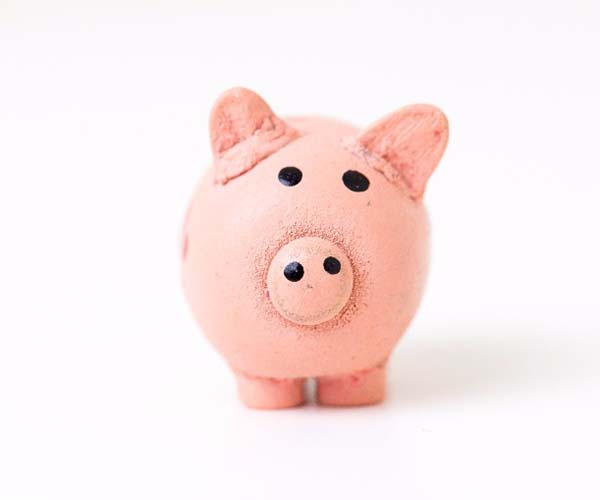
Pocket money – time for change?
Australian’s worry a lot about money. Angst over personal finances has been the number one cause of stress in Australia for the past 5 years. As parents, we don’t want that kind of anxiety in our kids’ future, but it’s hard to not be concerned when we’re witness to the upward trends in the cost of housing, rentals, utilities, fuel and food. And that’s all before anyone’s had any fun!
Stress over money causes Aussie adults to experience anxiety, lose sleep and perform more poorly at work. It’s no surprise then, the impact that has on personal wellbeing.
Surprisingly, it’s not necessarily overall wealth that reduces financial stress. A recent study called ‘How your bank balance buys happiness’ found that having cash-on-hand, readily available in a savings account increases happiness more than raw income and investments. There’s something so comforting about having money in the bank.
If we teach our kids how to be financially savvy now, we’re equipping them with skills that will add to their financial security and ultimately their health and wellbeing for the rest of their lives.
That’s priceless.
So where do we begin? To learn about money our kids need to have money, and when they’re under the age of 15, that means we give it to them!!
Pocket money; so many questions! How old? How much? For chores? In the hand or online? Then what?
It’s all up to you and what’s going to work for your family, and it’s going to depend on why you’re giving them pocket money. Is it akin to payment for ‘work’ or is it as a tool for learning?
Personal Finance Columnist for The New York Times and author of ‘The Opposite of Spoiled; Raising Kids Who Are Grounded, Generous and Smart About Money’ suggests that our kids do chores in the home for the same reason we do, because they need to be done, not to earn their weekly allowance. If they don’t do their chores, other privileges can be withheld or denied!
He views pocket money as a stand-alone teaching tool to enable our kids to learn the patience of saving, make their own mistakes while the stakes aren’t too high and learn to share their money with others in need. He helps answer some of our questions.
How old?
‘By first grade at the latest’ Lieber writes, or earlier. If you’re being pestered to buy things when you’re out shopping or they can count, you can get started! The average age Aussie kids start getting pocket money is 6 years old.
How much?
Easier to start with less and bump it up than do the reverse which of course would not be popular! Lieber recommends 10, 50 cents to $1 per week per year of age with a birthday ‘pay rise’ each year. We chose 50 cents per year of age so our 7 year old gets $3.50 per week and our 8 year old gets $4 per week, soon to be $4.50 when he turns 9.
How?
One popular approach is to help your kids divide their pocket money into three jars or containers; one each for saving, spending and giving. This way they begin to think in terms of budgeting where some money is for when they want or need something later, some money is for spending soon and some is for giving to other people or organisations who may need it more than they do.
Look for containers that are clear so your kids can see their savings growing! You may also want to make sure that they have large enough openings for little hands and money to easily go in and out.
ASIC’s MoneySmart ‘Giving Kids Pocket Money’ guide, easily found online, suggests 50% of pocket money for saving, 40% for spending and 10% for giving. We roughly follow this in our home, though as the kids are getting older, we ensure they always save half and then allow them to choose how they want to divide their money between their spend and give jars. They are remarkably generous some days and not on others! Regardless of the amount, some money always goes in the give jar.
Then what?
Depending on the age of your kids a bank account for savings may be a little ‘abstract’ – out of sight out of mind. We have accounts for our kids and they love going to the bank with their jars to deposit their savings. Some parents pay a little ‘interest’ at this time to reward the savings and deposit.
Other families create opportunities for their kids to earn extra pocket money by doing ‘bonus chores’, ones which don’t fall under the ‘typical’ daily expectations of their kids. Another option is the goHenry pre-paid pocket money card, all managed online.
Different families do pocket money in different ways. Talk to other parents and find a fit that works for you. Plan ahead and start collecting your coins! Good luck!

share the love
[Sassy_Social_Share]

about
Jodi is on a mission to elevate mental health and wellbeing in families, classrooms and workplaces.


free 5-day
Calm your anxious brain
mini course

Recent Posts

free 5-day
Calm your anxious brain
mini course
Sign up for my free 5-day ‘Calm Your Anxious Brain’ email mini-course. Put the strategies into place for yourself, light the way for your kids, or do both.






